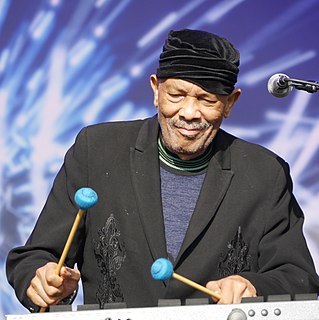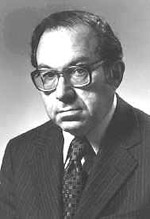A Quote by Ivanka Trump
I hate the word surrogate, because what does that mean? Like when people talk about I`m my father's confident, at one point, they were actually saying major newspapers were publicly were writing that I was Vice Presidential candidate. I`m saying no. I`m a daughter.
Related Quotes
I think what Pope Francis is saying is that nobody's perfect, you know? And so someone like Joe Biden, you know, where - you know, when he was running for president, people were - there were some bishops that were like don't let him have the Eucharist. And Pope Francis is saying that's not the point of this.
As the Nazi regime developed over the years, the whole structure of decision-making was changed. At first there were laws. Then there were decrees implementing laws. Then a law was made saying, ‘There shall be no laws.’ Then there were orders and directives that were written down, but still published in ministerial gazettes. Then there was government by announcement; orders appeared in newspapers. Then there were the quiet orders, the orders that were not published, that were within the bureaucracy, that were oral. And finally, there were no orders at all. Everybody knew what he had to do.
Similarly, the press never tested many of the assumptions about WMDs. One of the great myths about the WMD issue is that everybody believed Iraq had them. Well, that's not true. There were a number of people in the intelligence community and the State Department who were skeptical, and many analysts in the Department of Energy were dubious about Iraq's nuclear capability. There were also people like Scott Ritter who were saying quite accurately what was going on.
What does it mean to know and experience my own “nothingness?” It is not enough to turn away in disgust from my illusions and faults and mistakes, to separate myself from them as if they were not, and as if I were someone other than myself. This kind of self-annihilati on is only a worse illusion, it is a pretended humility which, by saying “I am nothing” I mean in effect “I wish I were not what I am.
Peter Hart, the pollster, has a question when he asks about presidential or vice presidential candidates, what kind of a neighbor would they be? And several Democrats - George W. Bush was always seen to be a good friendly neighbor who would pick up the newspapers if you were out of town or check your mail.
I was less angry at [Carl] Armstrong, though I was angry at the people who came to his trial: Dan Ellsberg, who ordinarily I respected a lot; Philip Berrigan; the guy who teaches at Princeton still - I can't remember his name. And they were saying - well, they were saying, really, what Arthur Koestler had people saying on "Darkness at Noon." The means were unfortunate and, sadly, someone died, but the end is what is important and this was a great symbolic - something or other - sign against the war in Vietnam.



































